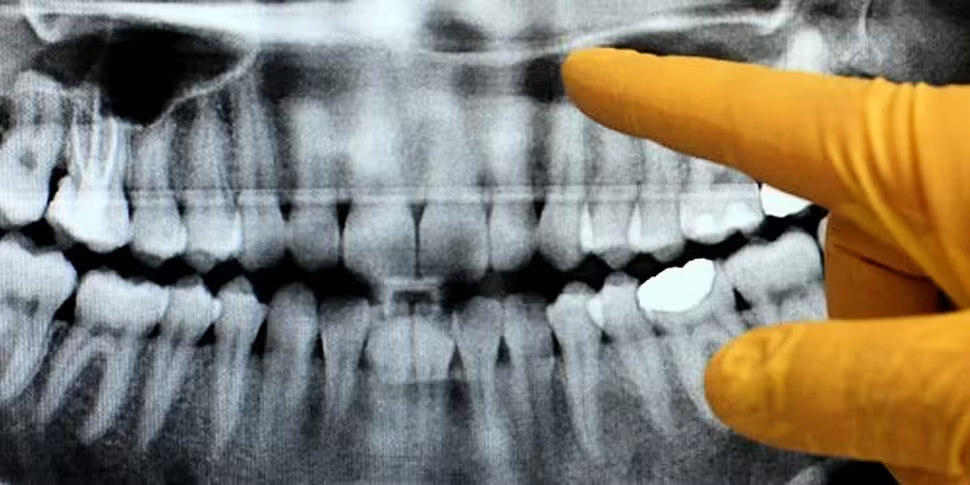High sugar content is causing “untold damage” to dental health of nursing home patients.
That is according to the vice president of the Irish Dental Association, Dr Anne Twomey.
She says elderly patients who have held onto their teeth for 80 years can lose them in just three months.
Dr Twomey says the unregulated use of fortified high sugar food supplements is affecting thousands of patients all round the country.
She also says the situation is compounded by a culture of gifting sweets or soft drinks.
Dr Twomey says: “These fortified oral nutritional supplements can be effective in increasing a patient’s calorie intake but one of the consequences of constantly sipping these high sugar content drinks is the very negative effect they have on patients’ oral health.
“ When you add in all the gifts of sweets and soft drinks which patients receive you have a recipe for disaster.”
She points out that because of the medication nursing home patients are on, many of them suffer from dry mouth and this accelerates dental decay.
“Patients who’ve kept their own teeth into old age can lose them in as little as three months.
“ Very often the situation has reached crisis proportions by the time I’m called in and I have to take out 15 to 20 teeth over a short period of time.
“ Although these patients are among our most vulnerable citizens with limited control over their daily lives, they have little or no access to oral hygiene and preventive measures.
“In addition dentists are generally not included in the multidisciplinary teams which care for them.”
She claims the Health Service Executive (HSE) is reneging on its duty of care to some 27,000 nursing home patients “by completely failing to meet their dental health needs”.
She says a low-sugar message should be sent out to all.
“This situation cannot be allowed to continue. Training programmes for healthcare assistants in oral care should be mandatory and meaningful.
“A written oral care plan should be created with these patients where family and carers are involved”, she adds.
Real life cases
One of Dr Twomey’s patients, 71-year-old Frank (not his real name), spent four months in hospital following a stroke.
Dr Twomey first saw him when he was admitted into the nursing home she attends. During his time in hospital when he was very disabled he noticed his teeth turning black.
Eventually a lot of these broke off.
When Dr Twomey examined him she diagnosed rampant caries. All the teeth had to be extracted before his denture was made.
Dr Twomey says her practice was also contacted by a nursing home about a patient who urgently needed dental care.
75-year-old ‘Bridget’ was very frail, only weighing 40Kgs, and had end-stage Parkinson’s disease with mild dementia.
She was very distressed, in an acutely confused state and refused to allow anyone near her mouth.
On the first visit, Dr Twomey could see there was an overwhelming halitosis.
Nursing staff said her mouth was cleaned twice daily with a sponge - but nothing in the way of effective tooth brushing had been carried out in the two years since her admission.
Oral sedation calmed her down sufficiently to allow for comfortable extraction of four upper incisors.
The remaining teeth were in such poor condition that phased extractions were the only option.
A week later, Dr Twomey says ‘Bridget’ was unrecognisable as she was eating her dinner and able to speak and engage with visitors.
She now has an electric toothbrush and her carers have taken advice on the type of toothpaste and gel to use.
However, ‘Bridget’ is not able to wear a denture as she does not have the cognitive function or motor skills to adapt to one.









